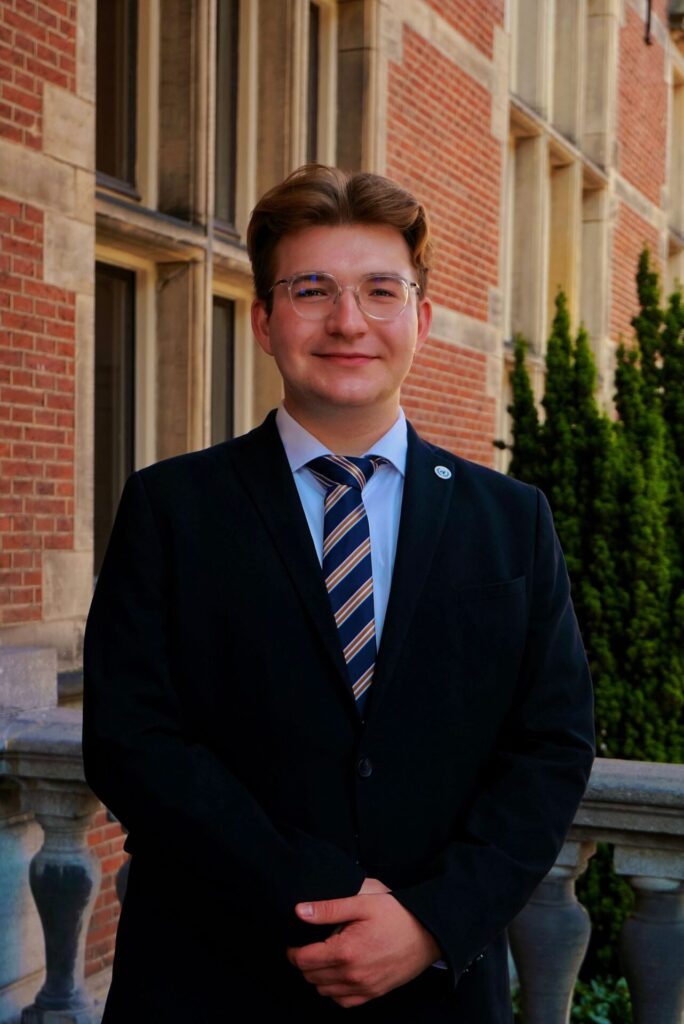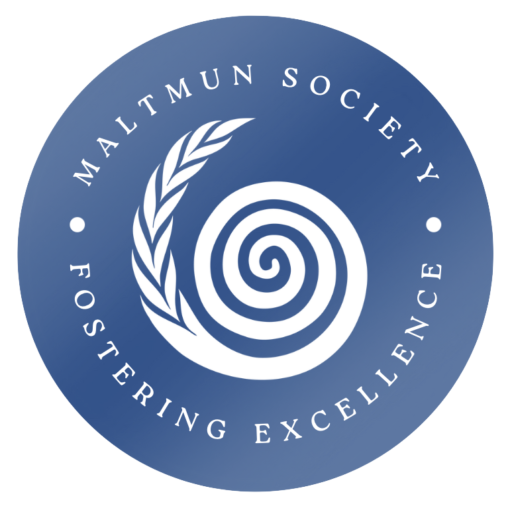CoEU
Difficulty: Intermediate/Advanced
Topic: ReArm the Seas: Strengthening EU Security in Maritime and Coastal Regions
Number of Countries: 20
COMMITTEE
The Council of the European Union, not to be mistaken for the European Council, is composed of government ministers from member states, plays a key role in formulating policies that impact maritime regions across the EU. It addresses crucial issues such as maritime security, environmental protection, fisheries management, and sustainable development. Sharing legislative power with the European Parliament, the Council has effective power in drafting laws, coordinating national policies, and steering the EU’s overarching strategies for coastal and maritime affairs, among many other issues. In this Intermediate to Advanced Committee, delegates must strive to negotiate solutions that uphold national interests while advancing European solidarity.
TOPIC
As hybrid threats intensify and critical infrastructure along Europe’s coasts and seabeds faces increasing sabotage and disruption, the European Union must act decisively to safeguard its maritime and coastal security. Under the umbrella of the European Defence Readiness 2030 and the ‘ReArm Europe’ initiative, Member States are set to debate a legislative proposal aimed at strengthening coordination, capability development, and military mobility in both maritime zones and vulnerable coastal areas. The proposed measures aim to address key gaps in joint surveillance, crisis response, and infrastructure protection, while ensuring coherence with NATO strategies and respecting national sovereignty. As transatlantic relations continue to strain, particularly with the United States’ strategic pivot away from Europe, the question of EU strategic autonomy grows more pressing. Can the Union move toward a unified approach to defending its maritime and coastal frontiers, or will diverging national interests and fragmented capacities continue to hinder collective action?

Chair - Dominik Palkovič
Dominik, originally from Slovakia, lives in Groningen, The Netherlands, where he is pursuing master’s degrees in European Law and Technology Law, following up on his bachelor’s in International and European Law.
He has been attending MUNs since 2019 and has fallen in love with the community, which has given him unforgettable memories and friendships. The academic side of MUNs is of no less importance, as it brought him to his current academic path. He likes to spend his free time with his friends over a cup of espresso or cooking.
He can’t wait to come to Malta and meet everyone!
Chair - Michael Gatt
Michael is a 21-year-old law student from Malta. His journey in student activism began with the Mini European Assembly, which he participated in and organized amongst other projects. Following this, he has participated in several conferences, simulations, and moot courts, and was last year’s Secretary-General for MaltMUN, having been involved in MUN since 2022.
He has also been involved in several organisations taking up various positions, as well as currently serving as the EU Careers Senior Ambassador for the University of Malta. Apart from Model UN, he enjoys playing and watching football and basketball, as well as several other sports. He is excited to form part of this year’s MaltMUN Secretariat in what is likely his final MUN, in a committee he treasures!

